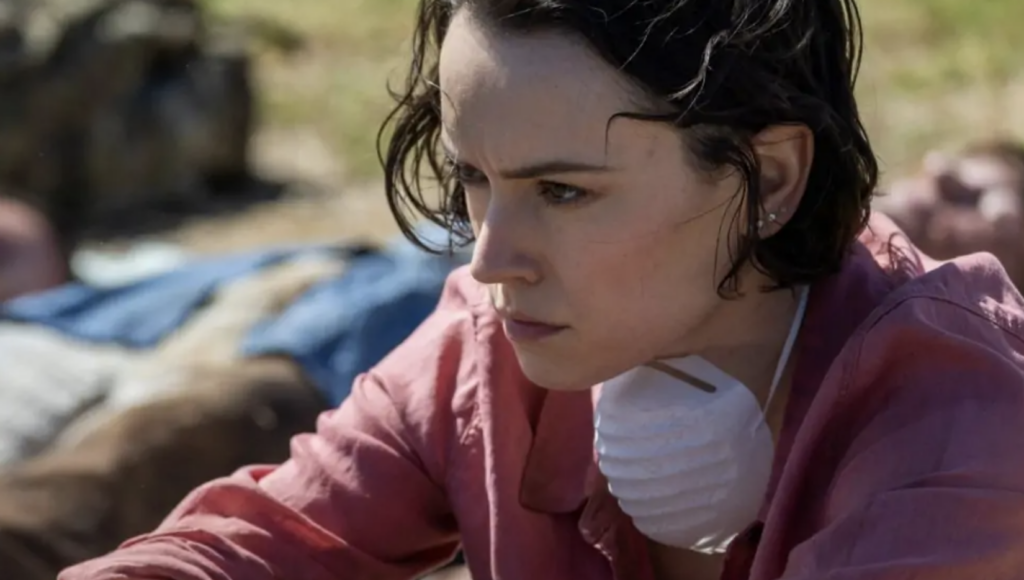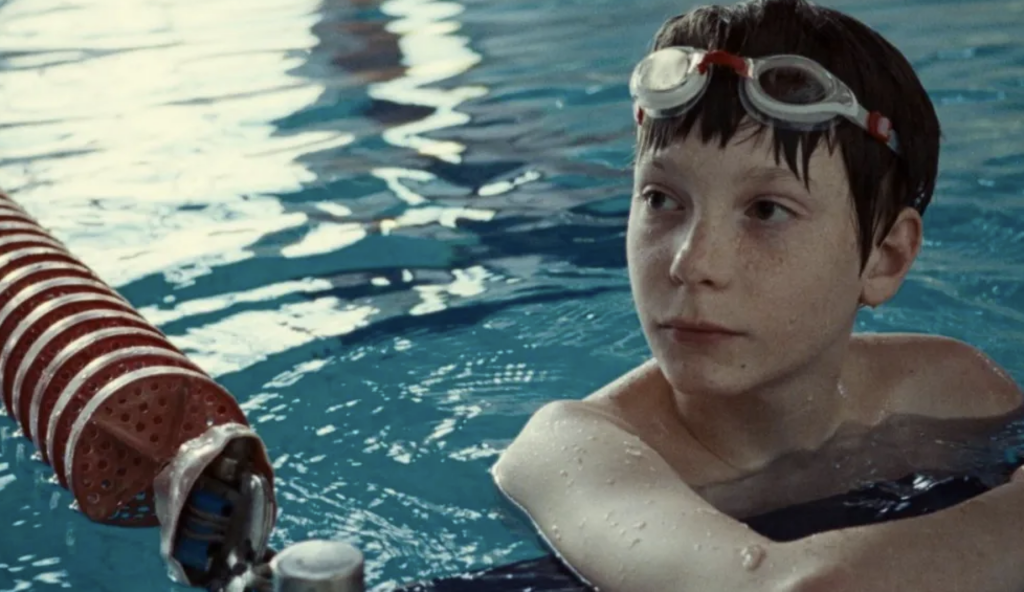King Artless
Behold what is, in theory, the thinking person’s ideal summer blockbuster. King Arthur features some of the planet’s most beautiful people gallantly galloping and bashing each other with all manner of implements amid lush vistas and robustly appointed sets. Add an intriguing historical pedigree and apparently unprecedented narrative convention, which plunks this Arthur and his knights into what a title card helpfully designates as “a period often called the Dark Ages,” and you need feel no guilt over the real reasons you’ll see this “true story” — Keira, Clive and/or Ioan.
Also, much like The Return of the King, this movie’s timing is impeccable, launching when (using the most generous terms) our collective concept of heroism and leadership is in enormous flux. So it has the fantasy-charisma ticket, the obscure-history ticket, the rollicking-action ticket, the leather-clad sexiness ticket and even, helmed by Antoine Fuqua (Training Day, the underrated and similarly themed Tears of the Sun), the directorial-prowess ticket. And yet, there’s something weirdly unsatisfying about the whole fracas. The movie is much more fun to contemplate than to watch.
In 452 A.D., we meet the somber boy Lancelot (Elliot Henderson-Boyle, doubled by Ryan Quayle), who is called into service for a Roman general named Lucius Artorius Castus (Clive Owen, stern of chin), the “Arthur” of the title. Cut ahead 15 years, and right-hand man Lancelot (brilliant Ioan Gruffudd, sporting Jon Bon Jovi’s hand-me-downs) is riding in Arthur’s cavalry alongside other famous names: Galahad (Hugh Dancy), Gawain (Joel Edgerton) and Tristan (Mads Mikkelson), all equally pretty. Then there’s Bors (the energetic Ray Winstone), who is not pretty at all but nearly rides off with the movie. Winstone’s crude, lewd warrior chews up miles of scenery and hacks it back out. The wisecracking character obviously jazzed up screenwriter David Franzoni (Gladiator) and seems to reflect some of the more Machiavellian tendencies of the movie’s bazillionaire producer.
The plot introduces these “knights” as Sarmatian indentured servants of Rome, protecting Hadrian’s Wall in northern Britain under Arthur (actually central Ireland under Bruckheimer). The first of many increasingly tiresome, peculiarly bloodless skirmishes sets the tone: A Roman bishop is attacked between the fog machines by wild, indigenous Picts, and Arthur and Co. ride to the rescue amid loads of that strobey-choppy shooting and editing, which makes potentially classic films look like crappy commercials.
But for all its historical accuracy (carefully checked by scholar-authors John Matthews and Linda A. Malcor), King Arthur is actually a one-last-mission movie. Yep. As in, nasty Bishop Germanius (Ivano Marescotti) gets pissed off at the legendary Round Table and tells Arthur and his Dirty Half-Dozen that their tour of duty ain’t over yet after all. There are some particularly stupid Romans nestled way up north who need rescuing, and it’s basically a suicide run. Can Arthur and Co. save the day?
But let’s get to the real point. Keira Knightley is in this movie as the Pictish revisionist Guinevere. Rescued from a creepy religious oubliette that mysteriously glows bright-green, she quickly begins showing off her bellybutton in battle. She holds her own, and she holds Arthur’s, and she makes him proud to be half-British. Thanks to Knightley’s outrageous beauty and a marketing onslaught bordering on mind-control propaganda, men everywhere now want the teen queen. And because they’ve put up with girlfriends and wives openly lusting after her Pirates of the Caribbean costars Johnny Depp and Orlando Bloom, this seems quite fair.
If only this thunderously self-important movie’s sum outweighed its often fabulous parts. The shift to the Dark Ages, meticulously researched, is dandy — Merlin (Stephen Dillane) gets a terrific makeover as a Pictish shaman and tactician straight out of the designs of genius illustrator Alan Lee. But somewhere between the silly flashback of the sword Excalibur and the climactic Battle of Badon Hill, the movie loses its grip and cheesifies. It resorts to throwing up hollow icons in that most ignoble of losses, the expensive mediocrity.




